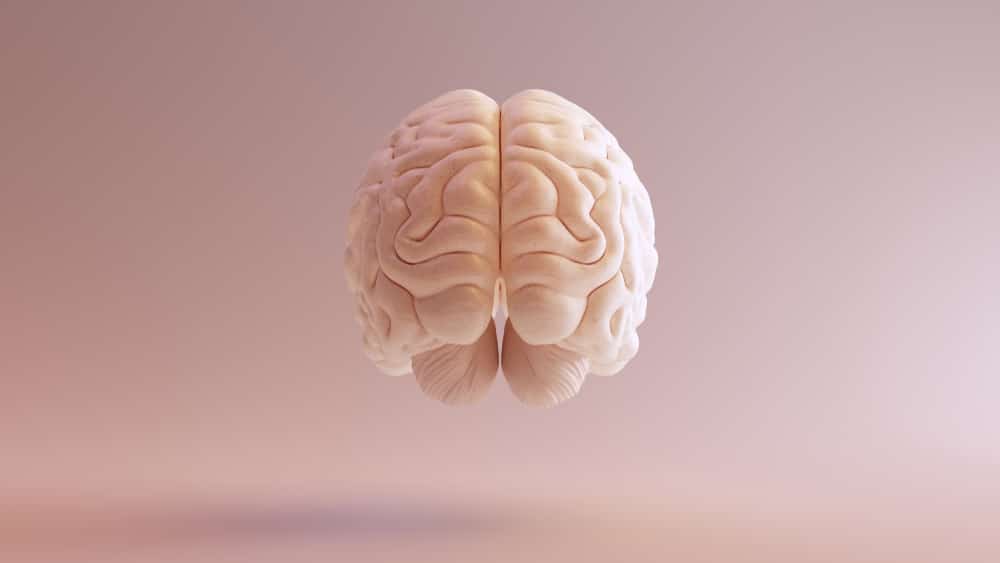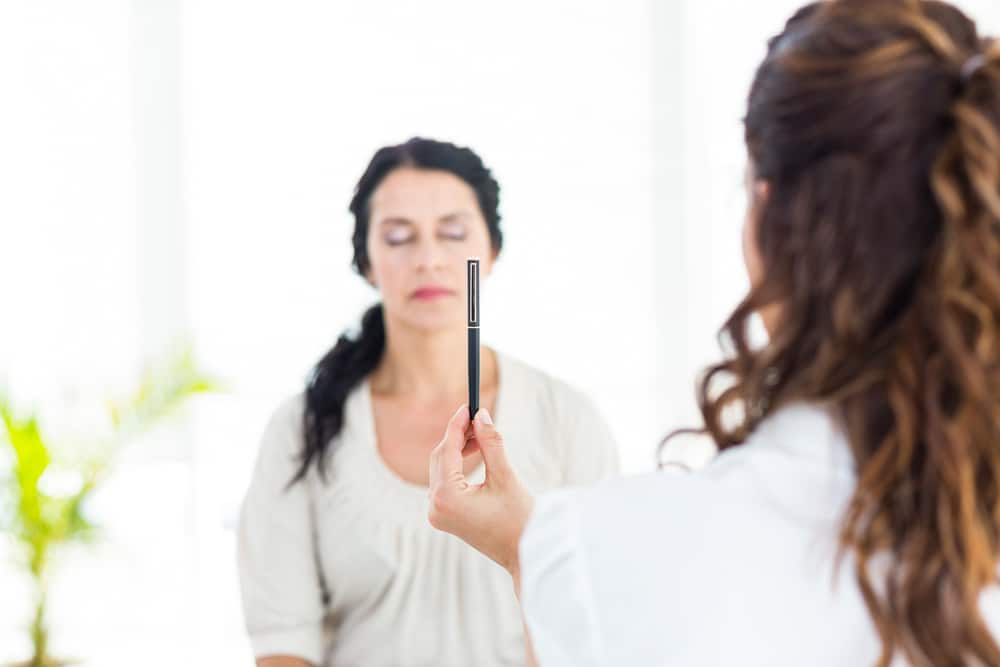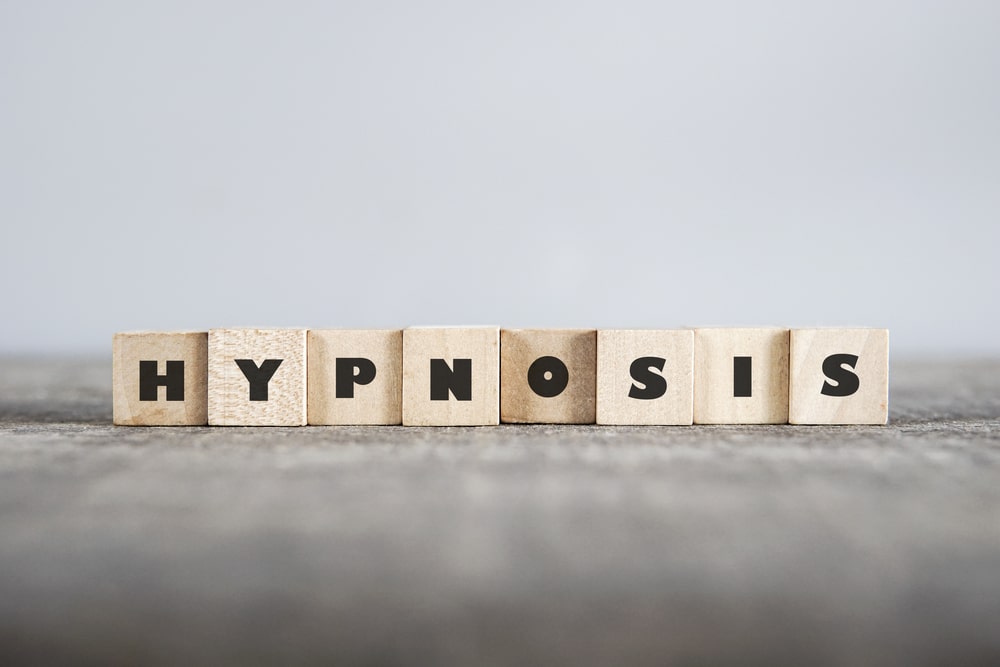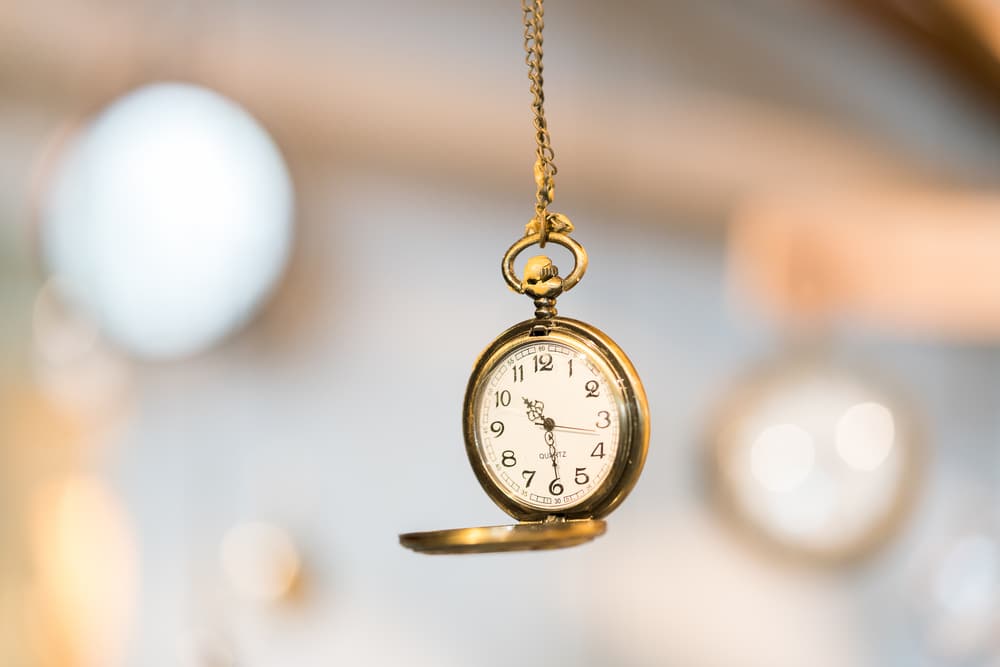When you think of hypnosis, what’s the first image to flash across your eyes? Is it a stopwatch swinging back and forth? Or a black-and-white-striped spinning circle? Maybe you think of a therapist’s office where a client sprawls on a couch and drifts off in thoughts. It turns out, hypnotherapy is frequently used in clinical settings to address serious health problems, including insomnia.
Not all hypnosis-inducing practices hide away in a professional’s office, though. Plenty of smartphones offer sleep apps that mimic hypnotherapy. Some include restful music to help you relax, while other apps offer breathing techniques to encourage you to fall asleep faster. For YouTube lovers, plenty of hypnosis videos float around the Internet, too. But, what about hypnosis as part of your healthcare treatment plan?
How does hypnosis work on the brain?

If you’re wondering how valid hypnotherapy is, you’re not alone. Many people, including health professionals, question the process when it comes to using it as part of a treatment plan. A lot of backing in clinical hypnotherapy comes from whether or not the client is hypnotizable.
Taking a Closer Look
A study out of Cerebral Cortex concluded that about ten percent of the population is highly hypnotizable[1], meaning the majority of a hypnotist’s job revolves around helping the client reach hypnosis effectively but first determining whether or not the client is likely to do so. If they can get there, hypnosis is likely to effectively treat sleep problems associated with anxiety, phobias and so forth.
But, doesn’t that lead you to wonder just how effective hypnosis for sleep is, if only ten percent of the human population is easily hypnotizable?
In the same controlled study, researchers took a population sample of 545 healthy people in college environments and conducted brain tests during hypnosis on 57 of the people, 36 of which were determined highly hypnotizable and 21 of which were not. They noticed brain areas — specifically the dorsal anterior cingulate cortex (dACC) — in the easily hypnotizable participants displayed different activity levels (in this case, decreased) than that of the participants who were not easily hypnotizable.
In the end, their brain-scan findings led them to believe in the possibility of changing a person’s ability to be hypnotized by stimulating certain brain areas. This could mean quicker, more accurate hypnotherapy treatment in the future once hypnotherapy gains more trust among mental health professionals. But for now, hypnotherapy may work best for easily hypnotizable people when it comes to treating pain, anxiety, PTSD and even phobias. [2]
On the sleep side, evidence that hypnosis improves the quality and quantity of sleep is very limited. Consequently, research shows that there are very few adverse effects when it comes to hypnotizing people to help them get better sleep. Future research seeks to outline the ideal treatment length and specific hypnotic techniques for what beneficial hypnotherapy would look like. [3]
Hypnosis in a Clinical Setting

When you address sleep problems in a clinical setting, it is critical to speculate the possibility of other problems the client may be experiencing, such as depression or anxiety. Insomnia is a special case in that when it is paired with depression, it can be especially complicated to treat.
The process of clinical hypnotherapy involves timed sessions where a health professional induces the client into a trance-like state. To conduct hypnosis, a professional may use various methods. Breathing and relaxation techniques encourage the client to focus in on very specific thoughts, memories or actions, thus promoting hypnosis.
There are, however, a few potential side effects of hypnotherapy. You should discuss with your doctor or mental health professional before treatment. They may include:
- drowsiness
- headache
- anxiety
- false memories
At the end of the day, whether or not to pursue hypnotherapy is completely up to you. It’s important to assess your specific sleep problems and seek professional guidance. You should openly discuss with your doctor and/or a mental health professional about whether or not hypnosis for sleep would be beneficial to pursue.
If You Commit to Hypnotherapy…

…look for a qualified hypnotherapist. There are some indicative signs on whether or not your sought treatment is worth your money and time.
- Licensure. Make sure that your mental health professional holds a license in the state you wish to seek treatment. They should be certified to practice treatment and outline their methods in their profile.
- Certification. Another indication your hypnotherapist’s practice is trustworthy is if they hold a certification from a renowned hypnosis organization, like the American Society of Clinical Hypnosis (ASCH) or the Society for Clinical and Experimental Hypnosis (SCEH). This usually indicates the earnestness of their work because these certifications are reserved for healthcare professionals and require ongoing renewal and learning.
ASCH offers a certification program for people who have a Master’s degree in healthcare areas. And, they must have licensure and certification in their state of practice. ASCH’s certification includes training and a minimum of two years of independent clinical hypnosis practice.
SCEH also offers a Certification in Clinical Hypnosis (CCH) for licensed healthcare professionals that requires extensive training and two years of independent clinical hypnosis practice.
Remember, a sleep hypnotist’s job is to help you regulate problematic thoughts that prevent you from attaining the sleep you need. Beforehand, you should ask your therapist what to expect during the process. Address any fears or concerns about the effectiveness of hypnosis on your sleep, and whether or not your therapist will use the process to treat other conditions.
Alternatives to Hypnotherapy

After researching hypnotherapy, you may decide you’d like to pursue a different route to treat your sleep problems. One of the most common alternatives to hypnotherapy is Cognitive Behavioral Therapy (CBT). Another more specific type of CBT for insomnia is called Cognitive Behavioral Therapy for Insomnia (CBTI), though CBT is more common. Plenty of mental health professionals use CBT to treat mental health conditions and even sleep disorders, including insomnia.
Even group therapy can promote improvement for clients with insomnia. A 2017 study on the effectiveness of Group Cognitive Behavioral Therapy (GCBT) concluded that GCBT improved a person’s sleep quality while also reducing sleep disturbances.
In this study, one group of participants took part in group therapy for 12 weeks and and also took zolpidem, a hypnotic sedative often prescribed for insomnia, for four weeks. The other group only took zolpidem for the 16-week duration of the study. In the end, participants with insomnia agreed they have stronger negative attitudes regarding sleep than those participants without the sleep disorder. [4]
Studies like this one show why many professionals use CBT to treat sleep disorders like insomnia. The goal in therapy turns to re-framing the harmful thoughts many people have surrounding sleep instead of forgetting to address all the thoughts, worries and feelings often buried in a person’s subconscious.
Terms
- Hypnosis: a state of mind similar to sleep or unconsciousness
- Hypnotherapy: a treatment sought out to treat chronic pain, anxiety, PTSD and/or phobia(s)
- Hypnotist: a person who conducts hypnotherapy. There are street hypnotists and certified hypnotists. The latter typically practices treatment in a clinical setting
- Certification in Clinical Hypnosis (CCH): a clinical certification that healthcare professionals can obtain to improve their effectiveness in using hypnotherapy as a treatment method; usually involves training and independent practice
- American Society of Clinical Hypnosis (ASCH): an organization that provides training for healthcare professionals to attain clinical hypnosis certification
- Society for Clinical and Experimental Hypnosis (SCEH): an international organization of healthcare professionals who apply clinical hypnosis in their professions
- Cognitive Behavioral Therapy (CBT): a type of talk therapy that uses coping techniques to reframe harmful cognitive beliefs and behaviors
- Zolpidem: a sedative often prescribed to treat insomnia
References
[1, 2] Heidi Jiang, Matthew P. White, Michael D. Greicius, Lynn C. Waelde, David Spiegel, Brain Activity and Functional Connectivity Associated with Hypnosis, Cerebral Cortex, Volume 27, Issue 8, August 2017, Pages 4083–4093, Retrieved from https://academic.oup.com/cercor/article/27/8/4083/3056452
[3] Chamine, I., Atchley, R., & Oken, B. S. (2018). Hypnosis Intervention Effects on Sleep Outcomes: A Systematic Review. Journal of clinical sleep medicine : JCSM : official publication of the American Academy of Sleep Medicine, 14(2), 271–283. Retrieved from https://www.ncbi.nlm.nih.gov/pmc/articles/PMC5786848/
[4] Mao, H., Ji, Y., Xu, Y., Tang, G., Yu, Z., Xu, L., … Wang, W. (2017). Group cognitive-behavioral therapy in insomnia: a cross-sectional case-controlled study. Neuropsychiatric disease and treatment, 13, 2841–2848. Retrieved from
https://www.ncbi.nlm.nih.gov/pmc/articles/PMC5701563/
Disclaimers
This article is for reference purposes only and is not to replace or complement the advice of a licensed professional, nor is it intended to diagnose, treat, cure, or prevent any disease or condition. Any and all health concerns you have should be directed at a doctor.


